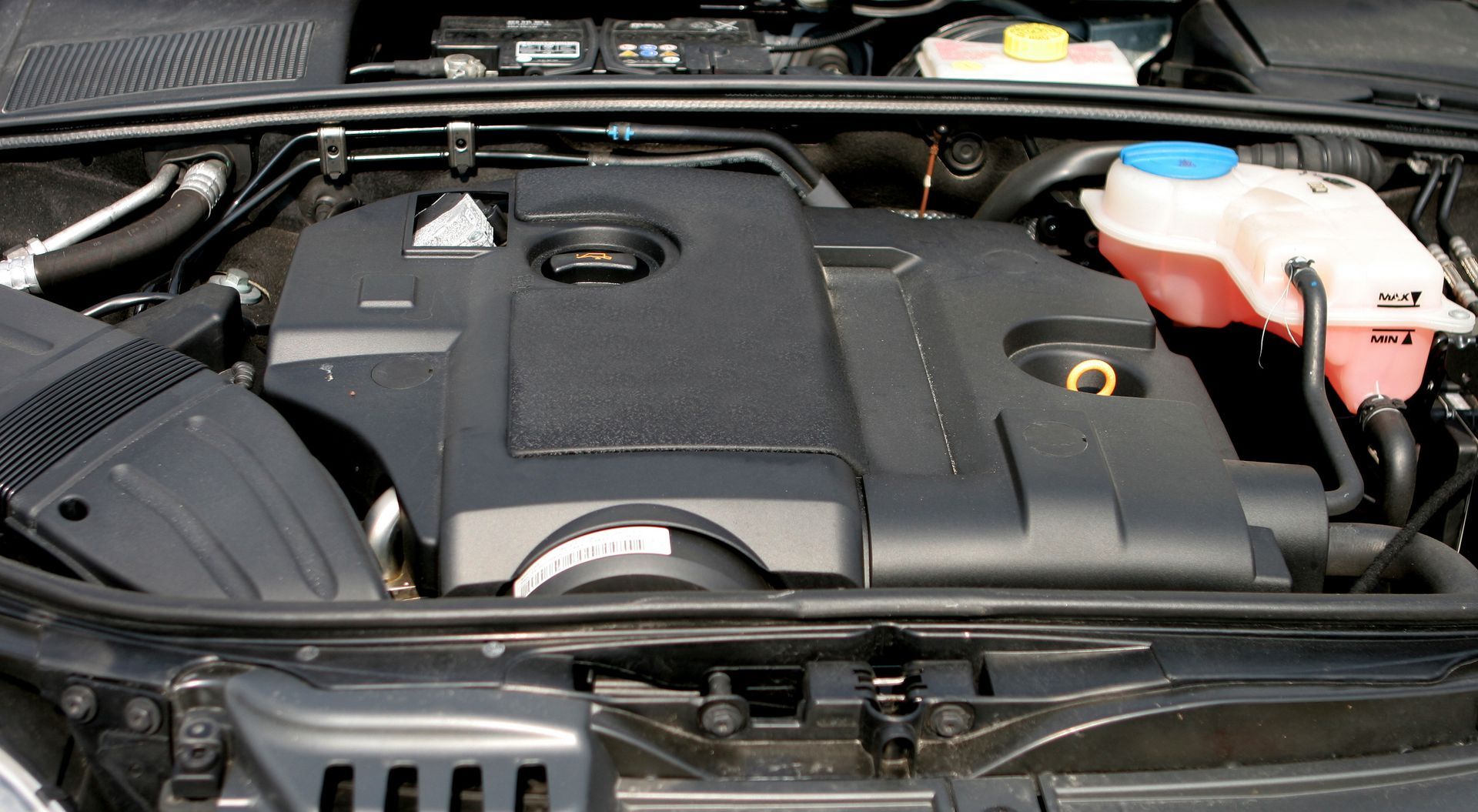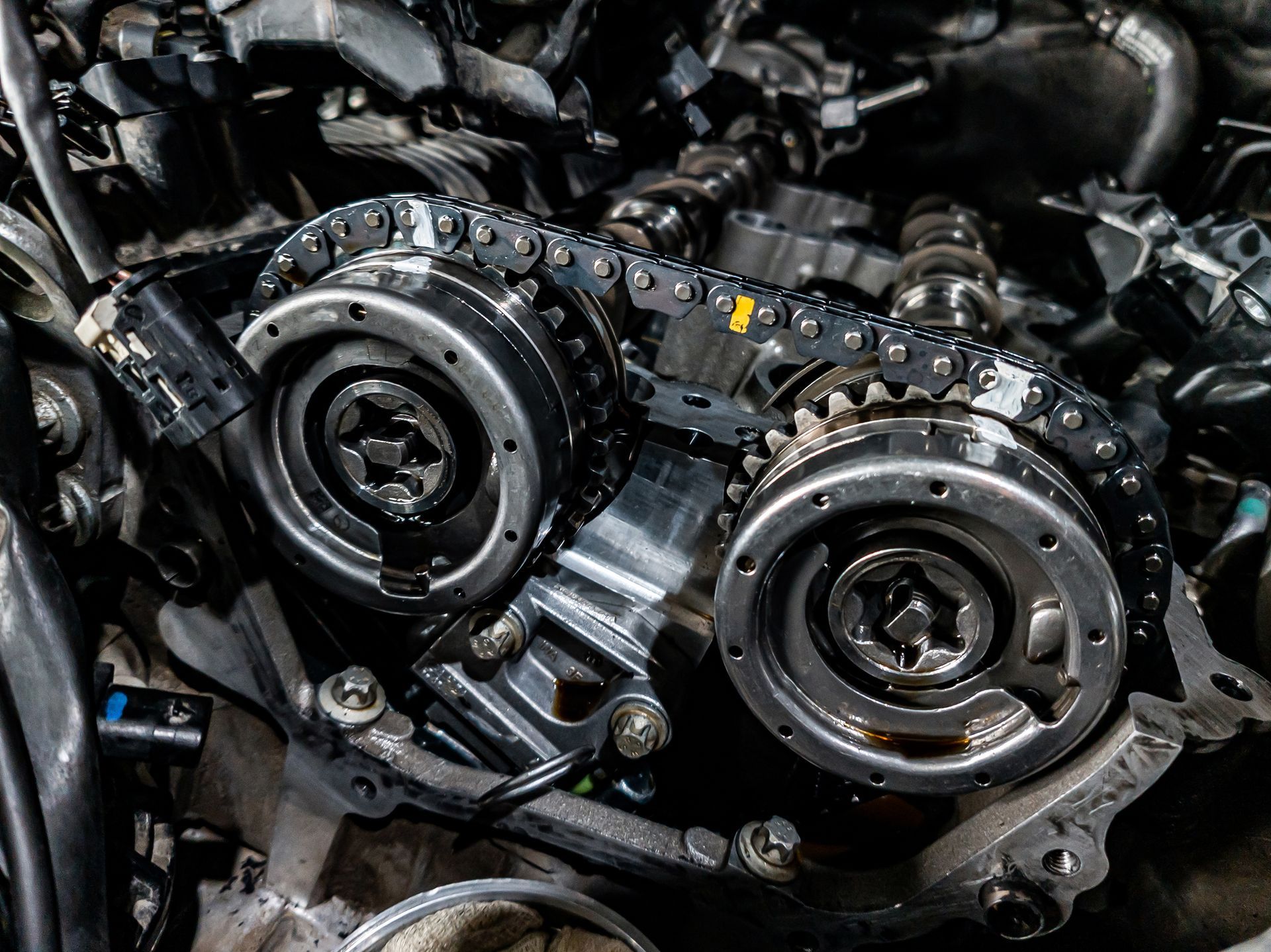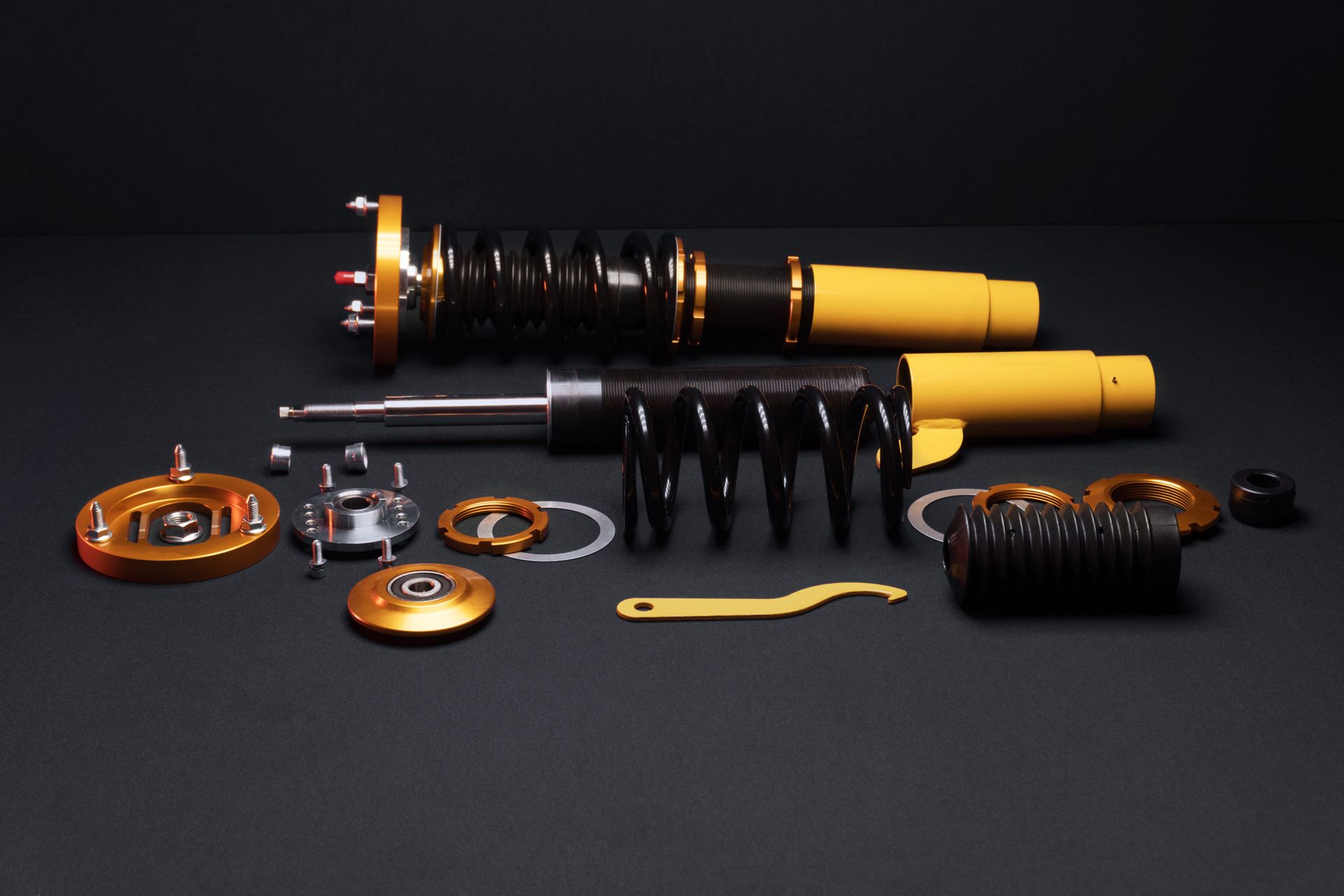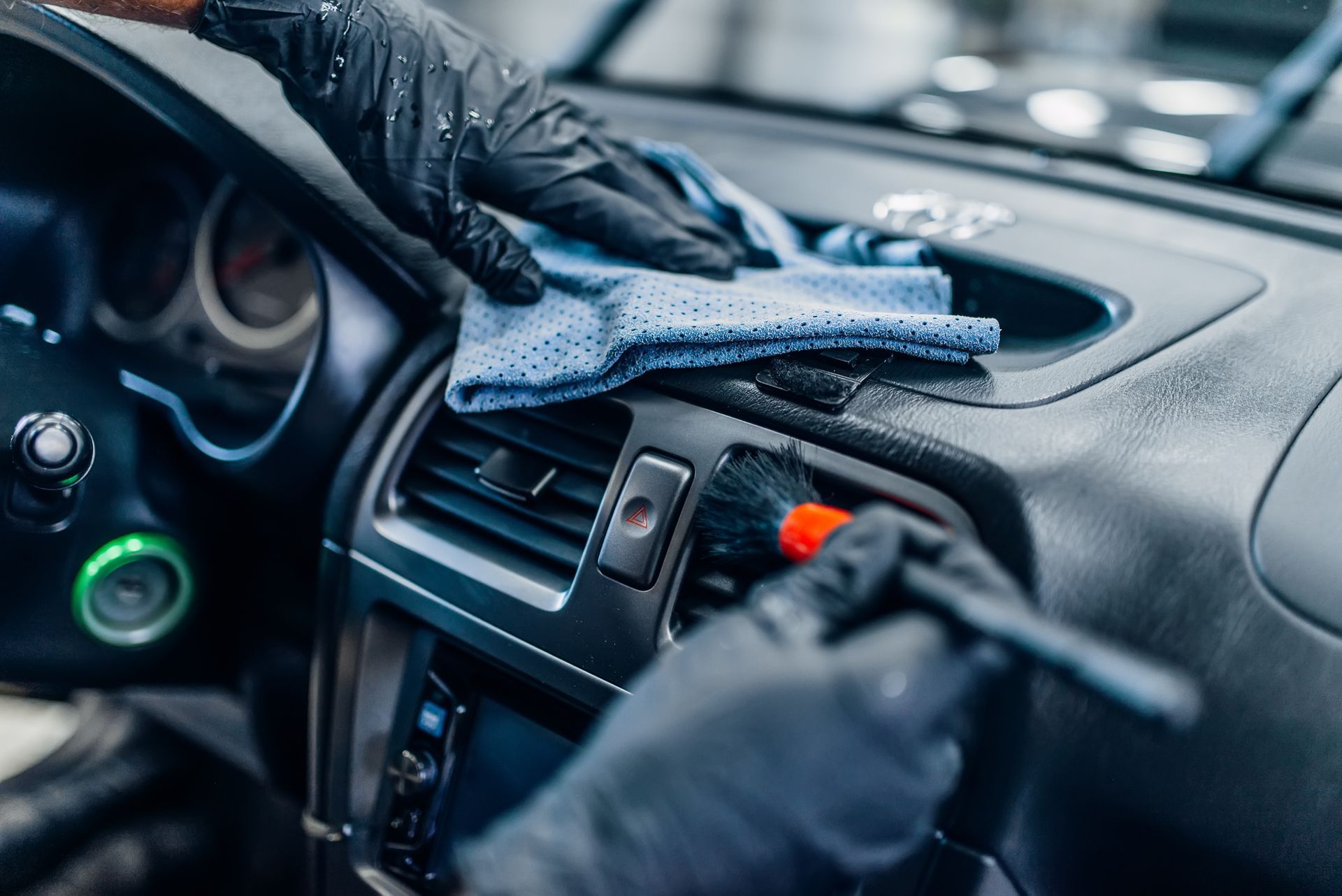Loading ...
Missing business hours data / Error occurred while getting the data.
Loading ...
Missing business hours data / Error occurred while getting the data.
How Often Should I Schedule a Safety Inspection for My European Vehicle?
February 21, 2025
European vehicles are known for their superior craftsmanship, innovative engineering, and high-performance capabilities. However, these features also mean they require meticulous care to stay in top condition. One critical aspect of vehicle maintenance is scheduling regular safety inspections. But how often should you inspect your European car? Let’s explore the factors that influence inspection frequency and why staying proactive is essential for your vehicle's performance and longevity.
Why Are Safety Inspections Important for European Vehicles
European cars, including brands like BMW, Audi, and Mercedes-Benz, are built with precision and advanced technology. While this delivers unparalleled performance, it also makes these vehicles more sensitive to wear and tear. Regular safety inspections ensure that critical systems such as brakes, suspension, and steering are functioning properly.
Inspections can uncover hidden issues that might not yet show symptoms but could lead to major problems if ignored. For example, a small crack in a belt or a minor alignment issue might seem insignificant but could escalate into costly repairs or even safety risks. By identifying these problems early, you save time, money, and the hassle of unexpected breakdowns.
How Often Should You Schedule a Safety Inspection
The frequency of safety inspections depends on a few key factors, including your vehicle’s age, mileage, and driving conditions.
Manufacturer Recommendations
Most European car manufacturers recommend a safety inspection annually or every 10,000 miles. These intervals align with regular maintenance schedules, ensuring that your car receives a comprehensive check-up alongside routine services like oil changes.
Older Vehicles or High Mileage
If your car is more than five years old or has exceeded 60,000 miles, you might want to schedule inspections more frequently—every six months or 6,000 miles. Older cars are more prone to wear, and addressing issues promptly can extend their lifespan.
Before Long Trips
If you’re planning a road trip, especially one covering significant mileage, scheduling a safety inspection beforehand is a smart move. This ensures your vehicle is road-ready and minimizes the risk of issues during your journey.
What Does a Safety Inspection Include
A safety inspection for your European vehicle goes beyond surface-level checks. Here are some key areas that are typically assessed:
- Brakes and Rotors: Ensures optimal stopping power and identifies any signs of wear.
- Suspension System: Checks for stability and proper alignment.
- Tires: Examines tread depth, wear patterns, and proper inflation.
- Fluid Levels: Ensures all fluids, including brake, transmission, and coolant, are at optimal levels and free of contamination.
- Lights and Electrical Systems: Confirm all lights, indicators, and electronics are working properly.
- Exhaust System: Checks for leaks or damages that could impact emissions or performance.
The Risks of Skipping Inspections
While it may seem tempting to postpone an inspection, the risks far outweigh the convenience of skipping it. Small issues like worn brake pads or misaligned wheels can gradually worsen, impacting your vehicle’s handling, safety, and efficiency. For European cars, ignoring these problems can lead to expensive repairs due to the precision parts and engineering involved.
Regular inspections also help maintain your car’s resale value. A well-documented history of timely maintenance and inspections shows potential buyers that the vehicle has been cared for properly.
Why Choose Professional Expertise for European Vehicles
European vehicles require specialized knowledge, tools, and parts to ensure accurate and effective inspections. Trained technicians who specialize in brands like Audi, BMW, and Volvo understand the intricacies of these vehicles and are equipped to spot issues that a general repair shop might miss.
Professional repair shops stay up-to-date with the latest diagnostic technology, ensuring every component of your car is thoroughly checked. For drivers in Marietta, GA, finding a trusted shop with expertise in European vehicles is crucial for maintaining performance and safety.
Keep your European vehicle performing at its best. Schedule a safety inspection with
Malones Euro Services in Marietta, GA, and ensure every journey is worry-free. Call us today to make your appointment!
Quick Links
Location
Hours Of Operation
Loading ...
Missing business hours data / Error occurred while getting the data.
Having Trouble Finding Us?
Loading ...
Missing nap lines data / Error occured while getting the data.





